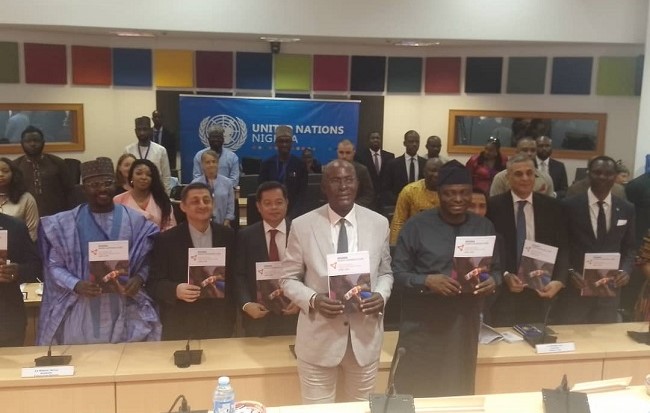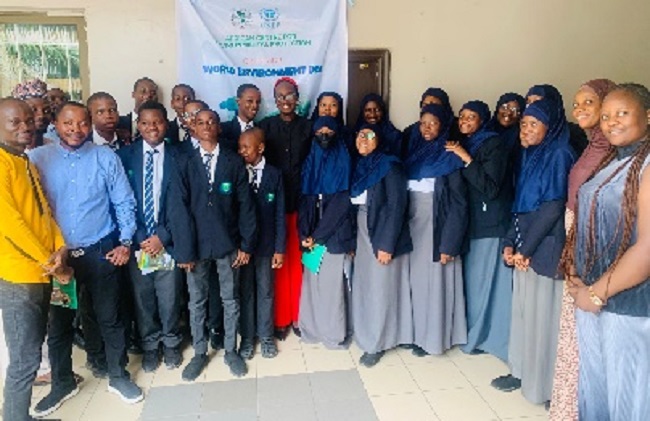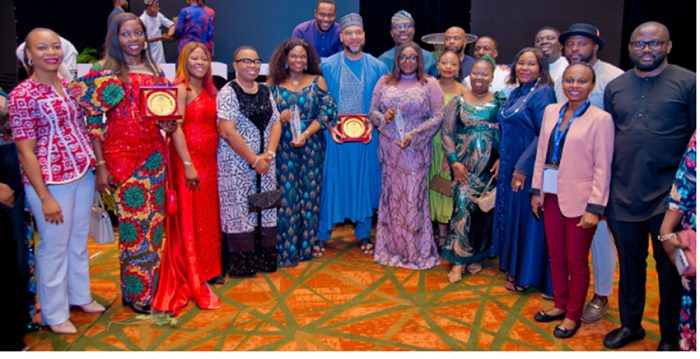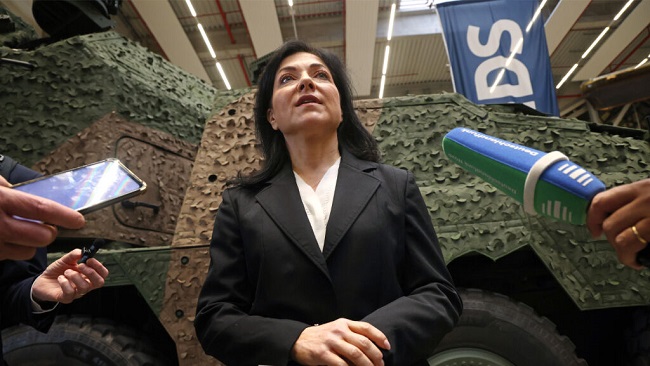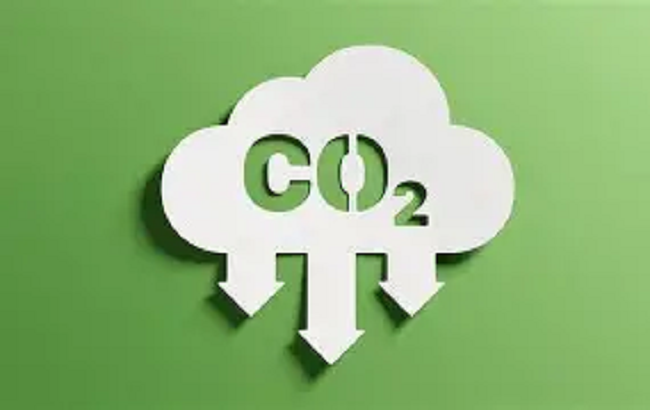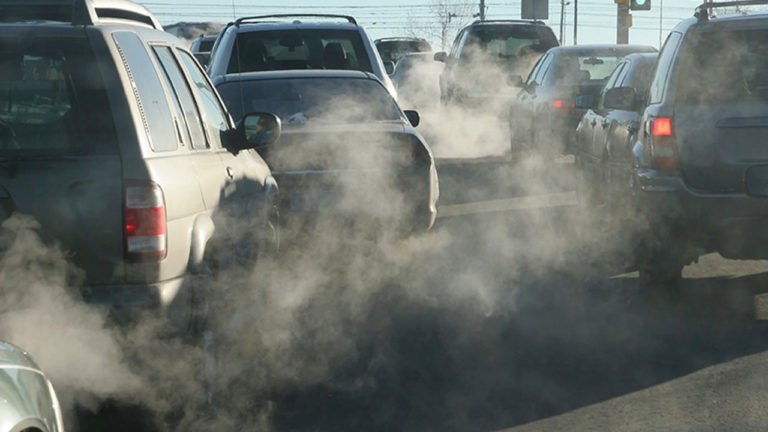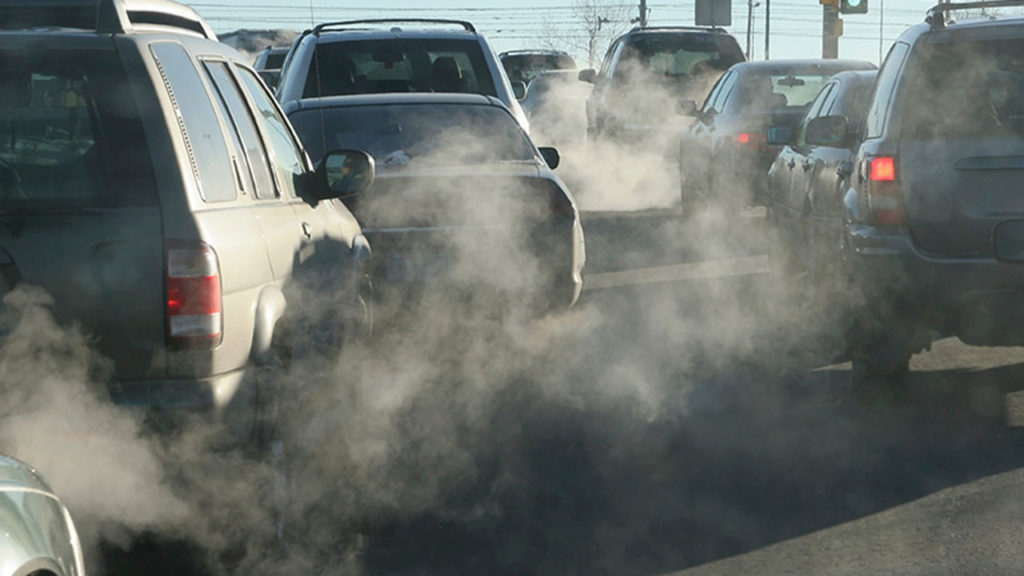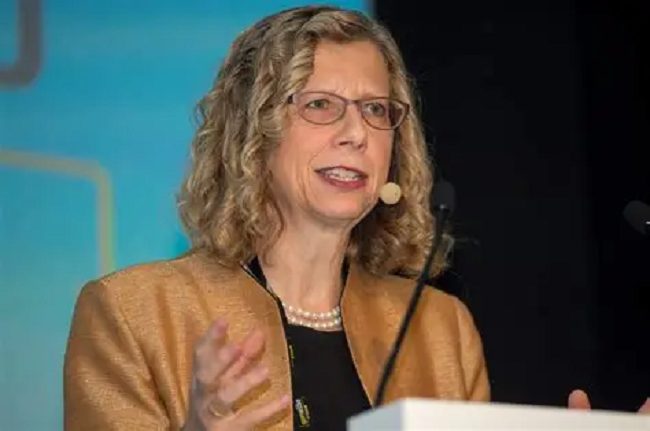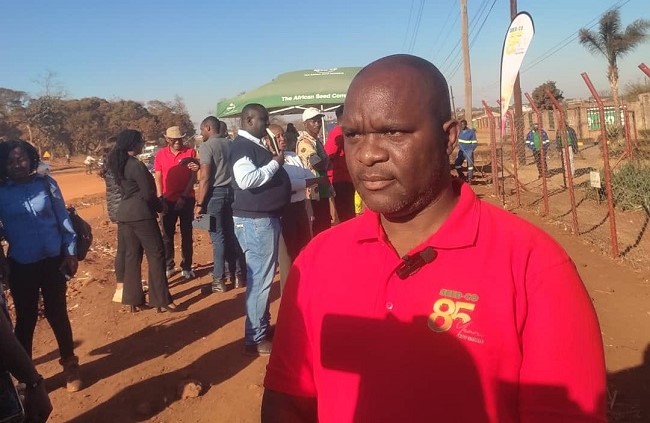As the world convenes in Geneva for INC‑5.2, the resumed fifth session of the Intergovernmental Negotiating Committee (INC) on plastic pollution, a critical question lingers: where is gender in these talks?
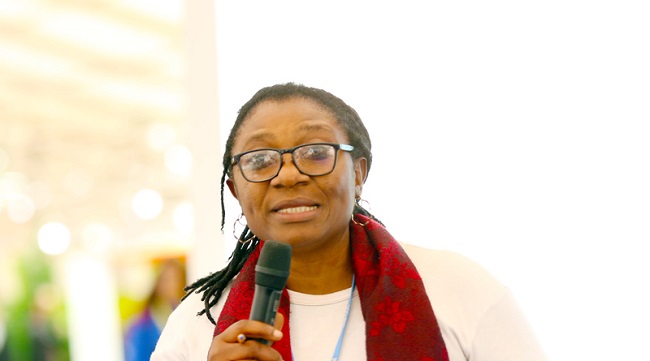
The Plastics Treaty: Where We Are Now
INC‑5.2 is part of a historic process to deliver a global legally binding instrument to end plastic pollution. Delegates are deep in negotiations to finalise the text based on the Chair’s draft, which aims to cover the full life cycle of plastics – from production to disposal.
The goal is to regulate plastic production, eliminate toxic additives, improve waste management, and ensure a just transition for affected communities, especially those in the informal waste sector. But while conversations about health, chemicals, and circularity are front and center, gender is alarmingly absent.
The Missing Gender Lens
Despite clear calls from civil society and feminist movements, gender remains underrepresented in both the Chair’s Text and negotiation agenda. The Chair’s text lacks provisions for gender-disaggregated data, inclusion of women in decision-making, or gender-responsive implementation mechanisms.
Organisations like IPEN, Women Engaged for a Common Future International, and the
Women’s Major Group have advocated for:
- Health safeguards for women in informal waste work,
- Representation of women in negotiation bodies,
- Gendered impact assessments of toxic chemicals,
- Inclusion of a Gender Action Plan.
Yet, efforts to embed these points have been met with resistance. At INC‑4 in Ottawa, several member states pushed to eliminate references to gender, a troubling sign of what’s unfolding again at INC‑5.2.
Why Gender Matters
Plastic pollution is not gender neutral. Women especially those in low-income and marginalised communities bear a disproportionate burden. From exposure to toxic additives in everyday products to their overrepresentation in waste picking, women are more vulnerable to the health and economic impacts of plastics.
Mainstreaming gender in the treaty would mean:
- Developing gender-responsive implementation frameworks,
- Ensuring access to finance for women-led alternatives,
- Building gender-disaggregated data into monitoring systems,
- Addressing the unpaid care work linked to environmental degradation
The Way Forward
Gender mainstreaming is not a side issue, it’s fundamental to the treaty’s success. Without deliberate inclusion of gender, the treaty risks exacerbating existing inequalities and undermining its effectiveness.
Civil society continues to push for change. But unless negotiators make gender a priority in the final rounds of INC‑5.2, the outcome may be a treaty that is ambitious on paper, but inequitable in practice.
Let’s not leave half the world behind in the fight against plastic pollution.
By Priscilla M. Achakpa, Founder/Global Lead, Women Environmental Pogramme (WEP)

